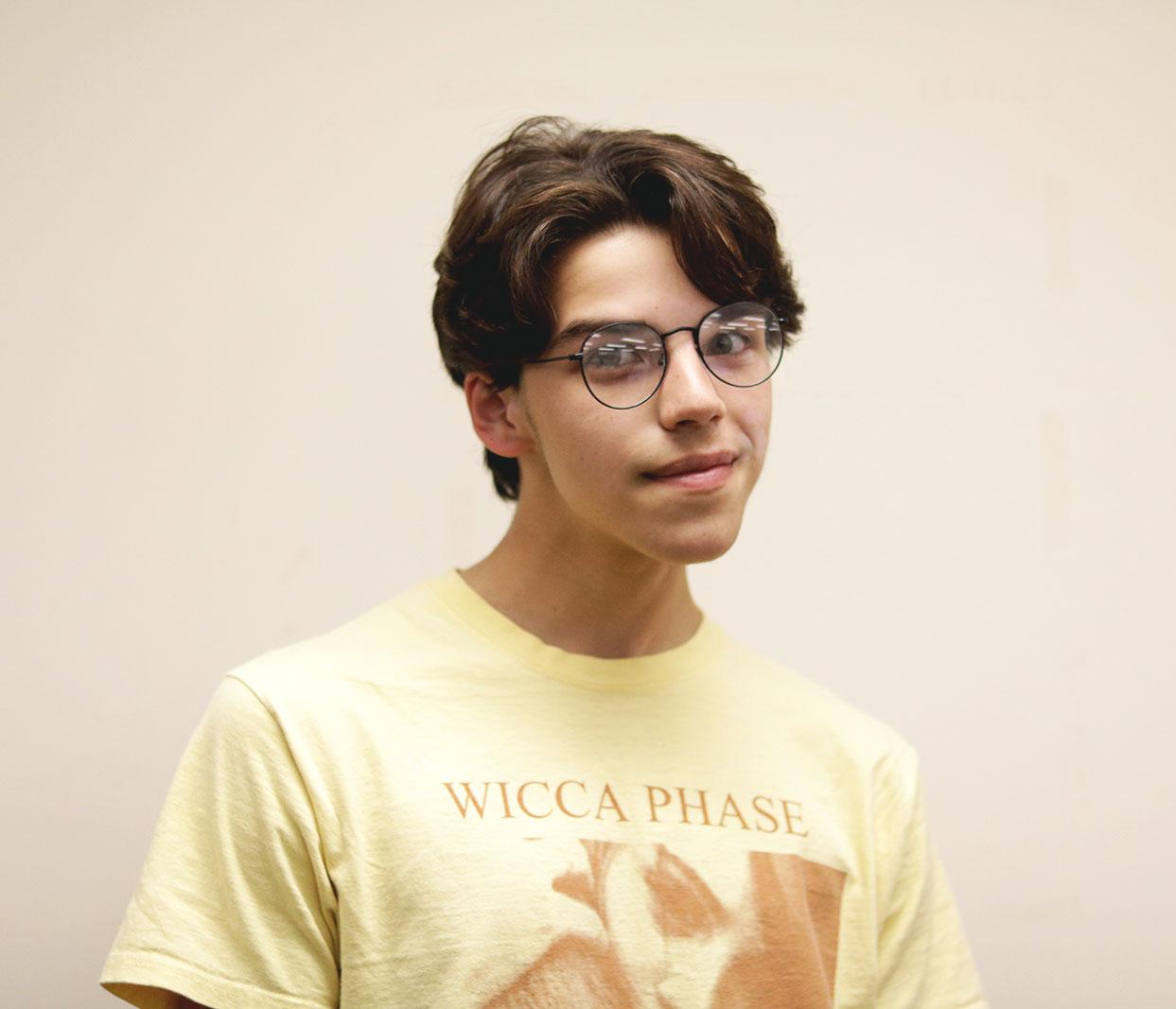Any new freshmen at Boston University will undoubtedly experience an immense sense of opportunity upon first stepping onto the campus and into the City of Boston.
But within the whirlwind of arriving on campus and the corresponding experience of a brand new living situation, the essence of one’s political ideology is furthered by experiencing life on this campus and in this environment.
As someone who has sought to become involved in a community that is involved in current-day politics, Boston was easily identifiable that kind of city.
Individuals’ political ideologies tend to develop much differently — and at a more immediate pace — when living in a community as large and as motivated as BU. People are affected by their surroundings in any social situation, but especially when considering the immense social consequences that politics carry.
This is a notion that can be applied to any point in history; what makes my current situation as a new face on campus much different, and worth reasoning over, lies in the modern social and political discourse of the United States.
We are in a time of unprecedented chaos and desolation. Political figureheads are pushing the bounds of what makes a politician or political platform appealing.
Radicalization is spreading and minds are being altered by the minute. More than anything else, however, the young people of this country are beginning to reveal themselves as the future.
Taking all of this into consideration, placing these turbulent times into the lens of BU as a community is extremely important in the analysis of how society as a whole is developing in regards to politics.
In the internet age — one so defined by the constant flow of information into public minds — we cannot ignore what is happening politically.
While BU is an educational institution at its core, it is also a platform meant for its students to develop and build upon. It is where students learn about themselves and the changes they wish to see both intrinsically and extrinsically, but also where they can make those changes.
The myriad of politically-minded student organizations on campus, combined with the opportunities that Boston itself offers in the wake of PACs and advocacy committees, substantiate that sentiment of change. Even if a student neglects to involve themselves with any of these groups, they will still likely find their own political awareness developing.
It must be reiterated that I am cut from at least a similar cloth as any other incoming BU freshman. My personal evolution will correspond with the evolution of my political ideology due to the rich political environment here, and, because of how politically saturated the atmosphere has become, I expect my colleagues will follow in the same wake.
That is why I find it imperative to chronicle the ever-evolving minds of our student body as the coming school year leads into what could be the most infamous U.S. presidential election in modern-day history.
Not only do I look forward to analyzing how my own ideology changes by way of Boston and BU, but more importantly, I seek to narrate and analyze how my contemporaries develop along with me.
The answers to how we, as a student body, will react to this turning point are not set in stone — in fact, they have never been written down at all. This era is still fresh, not far detached from its inception, just as we are as young adults.
Some will be louder than others, as has always been true, but every voice should be considered in the broader study of this unique, polarizing moment society — and BU — finds itself in.
























































































































